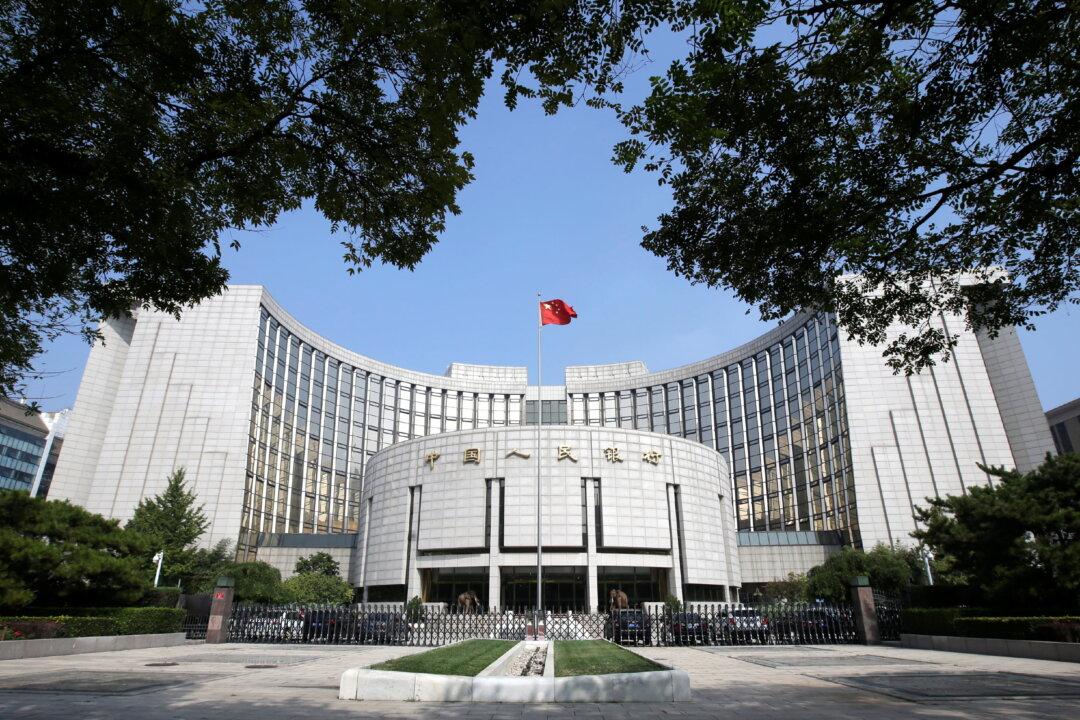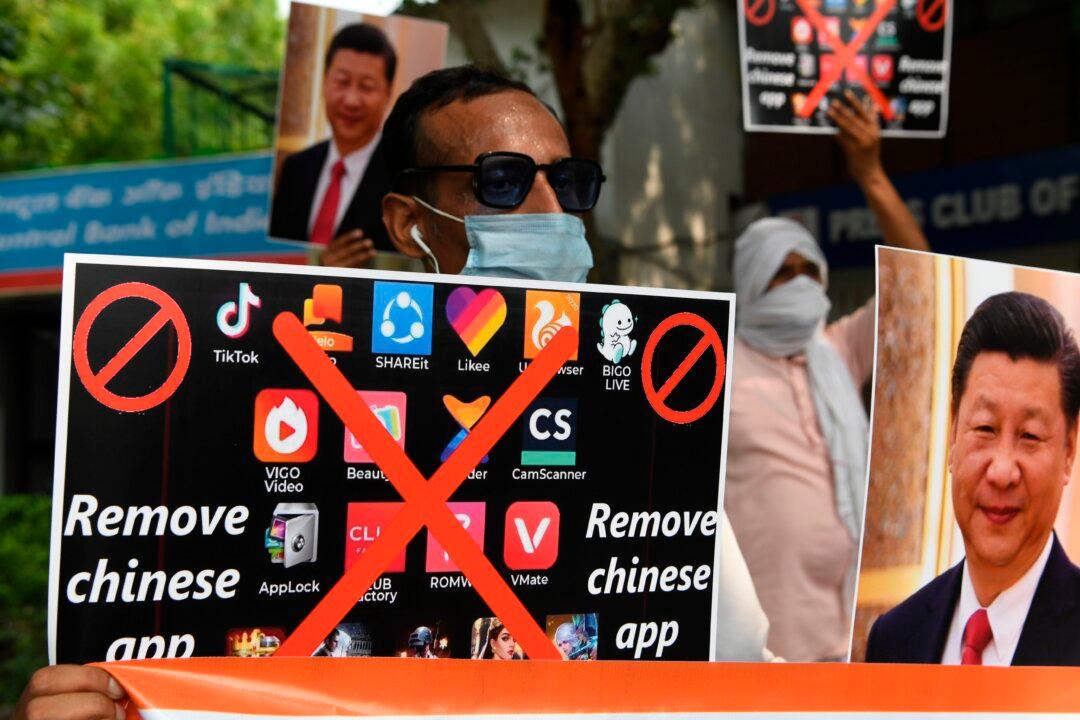China’s Ministry of Finance announced plans on May 13 to issue ultra-long-term special treasury bonds starting this year, with an initial issuance of 1 trillion yuan ($138 billion). Chinese state media reported that the funds would address local government financial difficulties and ensure their expenditures.
This year’s ultra-long-term sovereign bonds have terms of 20, 30, and 50 years. During the Chinese Communist Party’s (CCP) “Two Sessions” in March, Premier Li Qiang stated that such bonds would be issued annually for several years, highlighting the long durations and the unprecedented 50-year repayment period.





